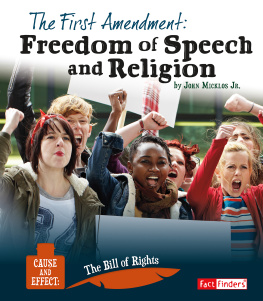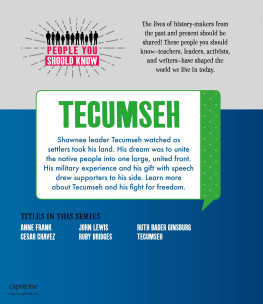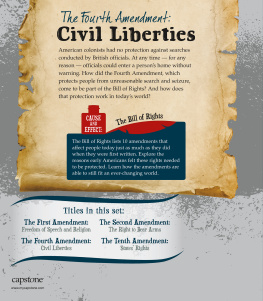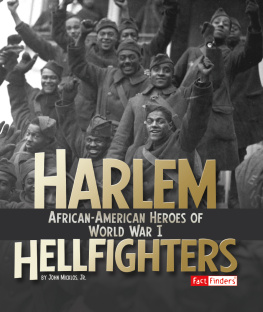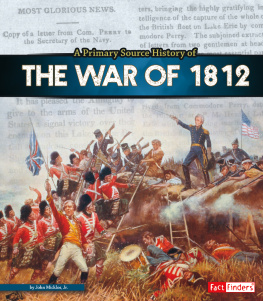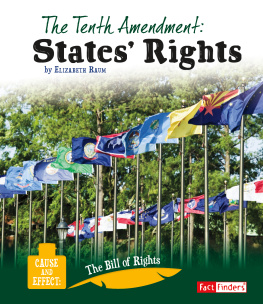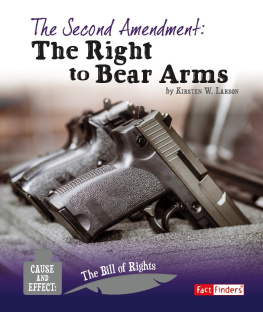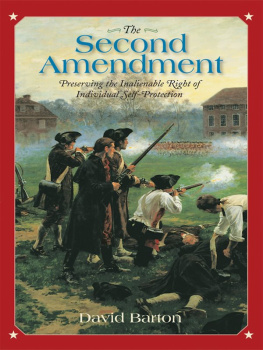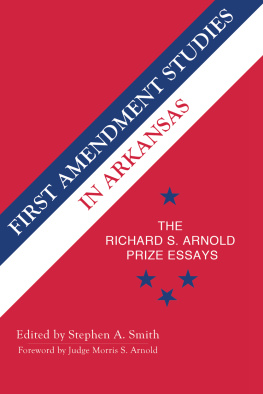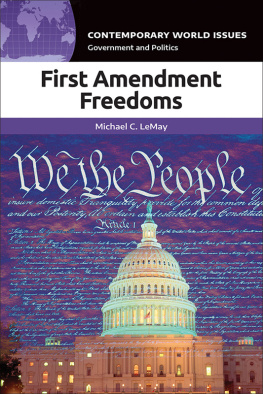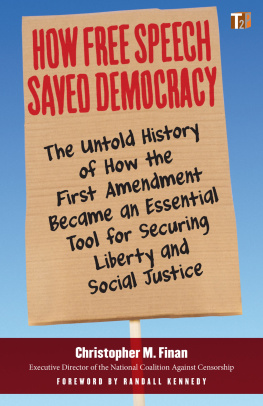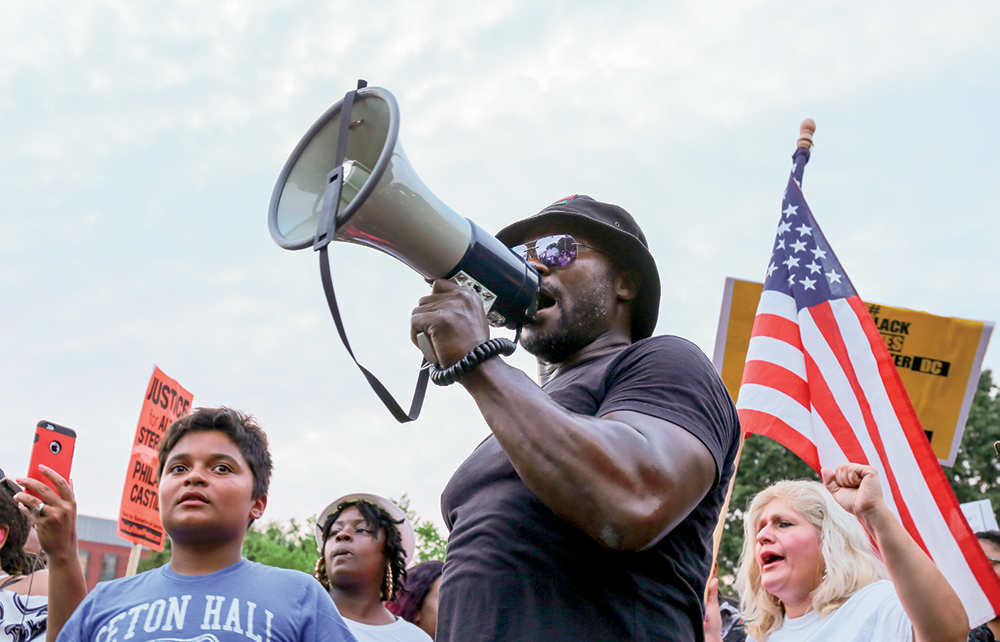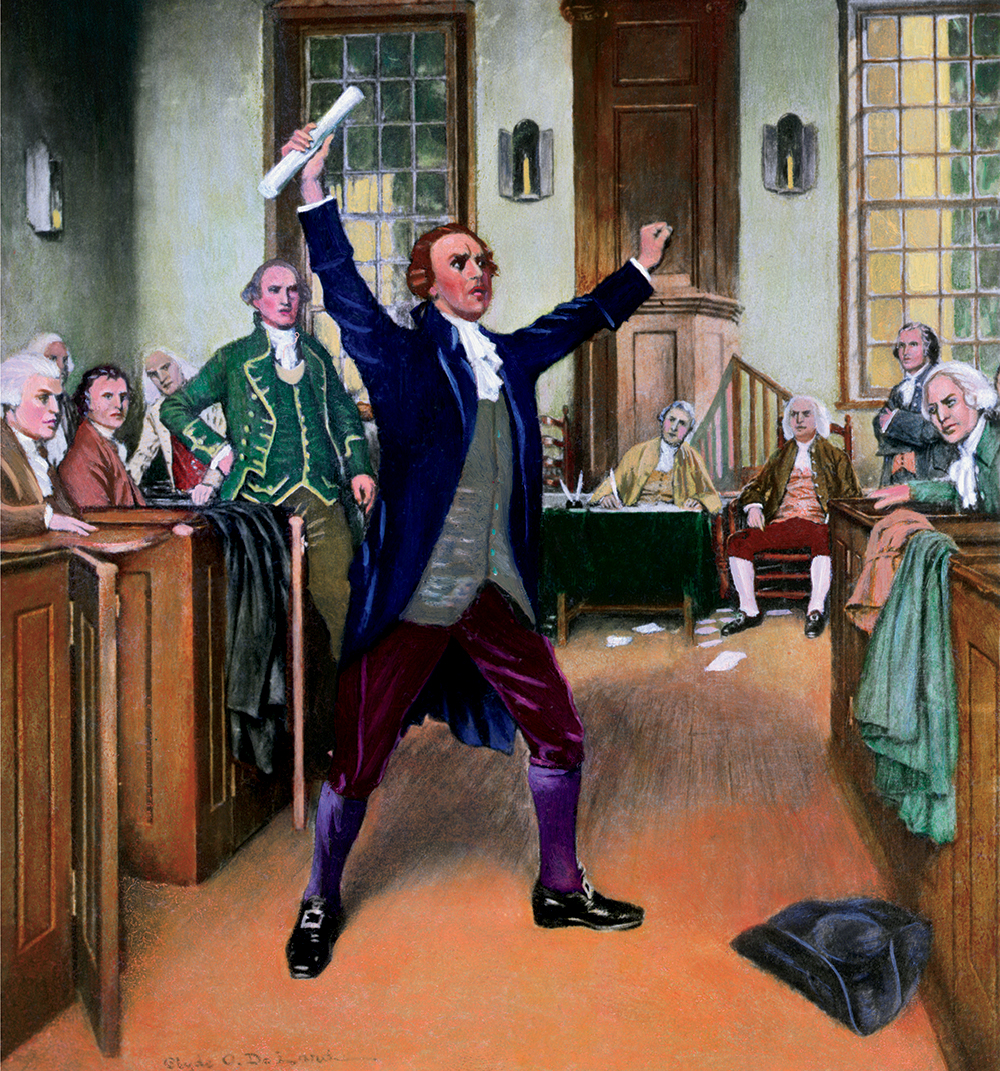The First Amendment wasnt always first. The founders originally drafted 12 amendments in the Bill of Rights. This amendment moved up when states failed to the first two amendments in the Bill of Rights. One of the amendments that failed dealt with setting the number of representatives in Congress. The other dealt with pay for senators and representatives.
The Bill of Rights
Amendment I
Congress shall make no law respecting an establishment of religion, or prohibiting the free exercise thereof; or abridging the freedom of speech, or of the press; or the right of the people peaceably to assemble, and to petition the government for a redress of grievances.
Amendment II
A well regulated militia, being necessary to the security of a free state, the right of the people to keep and bear arms, shall not be infringed.
Amendment III
No soldier shall, in time of peace be quartered in any house, without the consent of the owner, nor in time of war, but in a manner to be prescribed by law.
Amendment IV
The right of the people to be secure in their persons, houses, papers, and effects, against unreasonable searches and seizures, shall not be violated, and no warrants shall issue, but upon probable cause, supported by oath or affirmation, and particularly describing the place to be searched, and the persons or things to be seized.
Amendment V
No person shall be held to answer for a capital, or otherwise infamous crime, unless on a presentment or indictment of a grand jury, except in cases arising in the land or naval forces, or in the militia, when in actual service in time of war or public danger; nor shall any person be subject for the same offense to be twice put in jeopardy of life or limb; nor shall be compelled in any criminal case to be a witness against himself, nor be deprived of life, liberty, or property, without due process of law; nor shall private property be taken for public use, without just compensation.
Amendment VI
In all criminal prosecutions, the accused shall enjoy the right to a speedy and public trial, by an impartial jury of the state and district wherein the crime shall have been committed, which district shall have been previously ascertained by law, and to be informed of the nature and cause of the accusation; to be confronted with the witnesses against him; to have compulsory process for obtaining witnesses in his favor, and to have the assistance of counsel for his defense.
Amendment VII
In suits at common law, where the value in controversy shall exceed twenty dollars, the right of trial by jury shall be preserved, and no fact tried by a jury, shall be otherwise reexamined in any court of the United States, than according to the rules of the common law.
Amendment VIII
Excessive bail shall not be required, nor excessive fines imposed, nor cruel and unusual punishments inflicted.
Amendment IX
The enumeration in the Constitution, of certain rights, shall not be construed to deny or disparage others retained by the people.
Amendment X
The powers not delegated to the United States by the Constitution, nor prohibited by it to the states, are reserved to the states respectively, or to the people.
CAUSES OF THE
FIRST AMENDMENT
Why is the First Amendment so important? It outlines peoples most basic rights. It talks about major freedoms colonists didnt have during British rule.
Cause #1: People Wanted Freedom to Worship as They Chose
Religion comes at the beginning of the First Amendment for a reason. In the 1600s and 1700s, many people across Europe were because of their religious beliefs. Many came to the colonies so they could worship freely.
Religious freedom varied among colonies. Rhode Island and Pennsylvania welcomed people of all beliefs. Some colonies did not. For example, Massachusetts forced Roger Williams to leave the colony in 1635. Why? His religious beliefs differed from the colonys leaders. Williams dared to speak his mind. As punishment, he was . The next year Williams founded the colony of Rhode Island. He made sure religious freedom was allowed there.
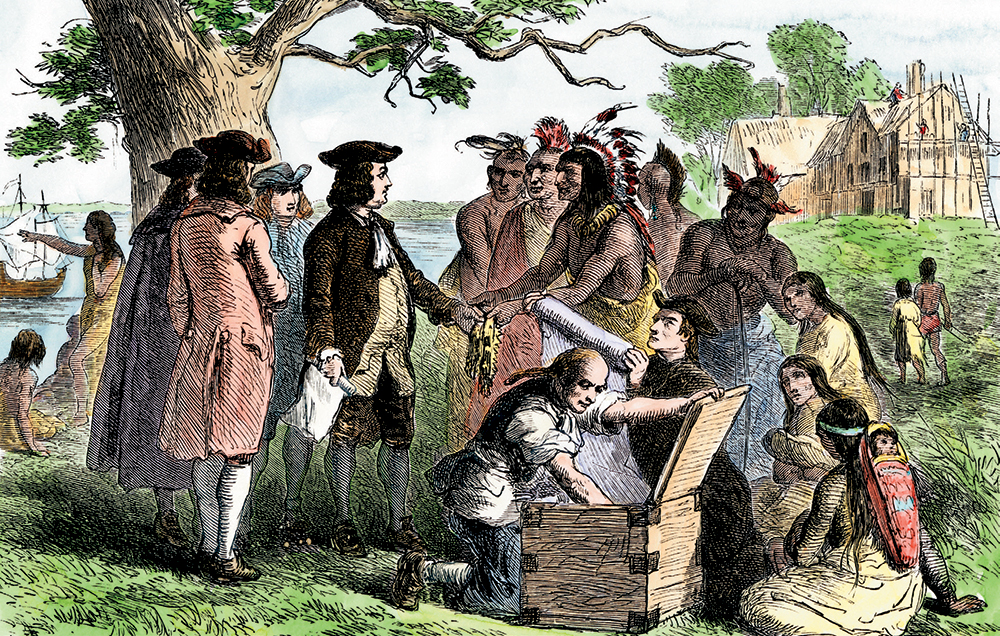
FAST FACT:
Pennsylvania was formed as a colony for people seeking religious freedom. The colonys founder, William Penn, had been jailed in England for his beliefs. He called the colonys approach to religion a Holy Experiment.
Cause #2: Freedom of Speech Was Limited
In many European countries in the 1600s and 1700s, people could not speak freely. They could not criticize the government. Thats another reason people came to the .
But freedom of speech was limited even in the colonies. People could be jailed for criticizing the king of England or speaking in favor of independence. The British viewed this as . Citizens of the United States wanted to make sure the new government never had the power to limit free speech.
Patrick Henry delivering his famous speech in 1775
FAST FACT:
Virginia legislator Patrick Henry called for the colonies to seek independence in 1775. He knew the British could charge him with treason for such talk, but he continued to speak his mind. I know not what course others may take; but, as for me, give me liberty or give me death! he said.
Standing Up for the Truth
Printer Peter Zenger published letters criticizing the governor of New York in 1733 and 1734. A warrant for his arrest was issued in November 1734. He was charged with. After spending nearly a year in jail, Zengers trial began August 4, 1735. His lawyer argued that if what Zenger printed was true, it wasnt libel. The jury found Zenger not guilty. Even today people may criticize others in print if the criticisms are true.

